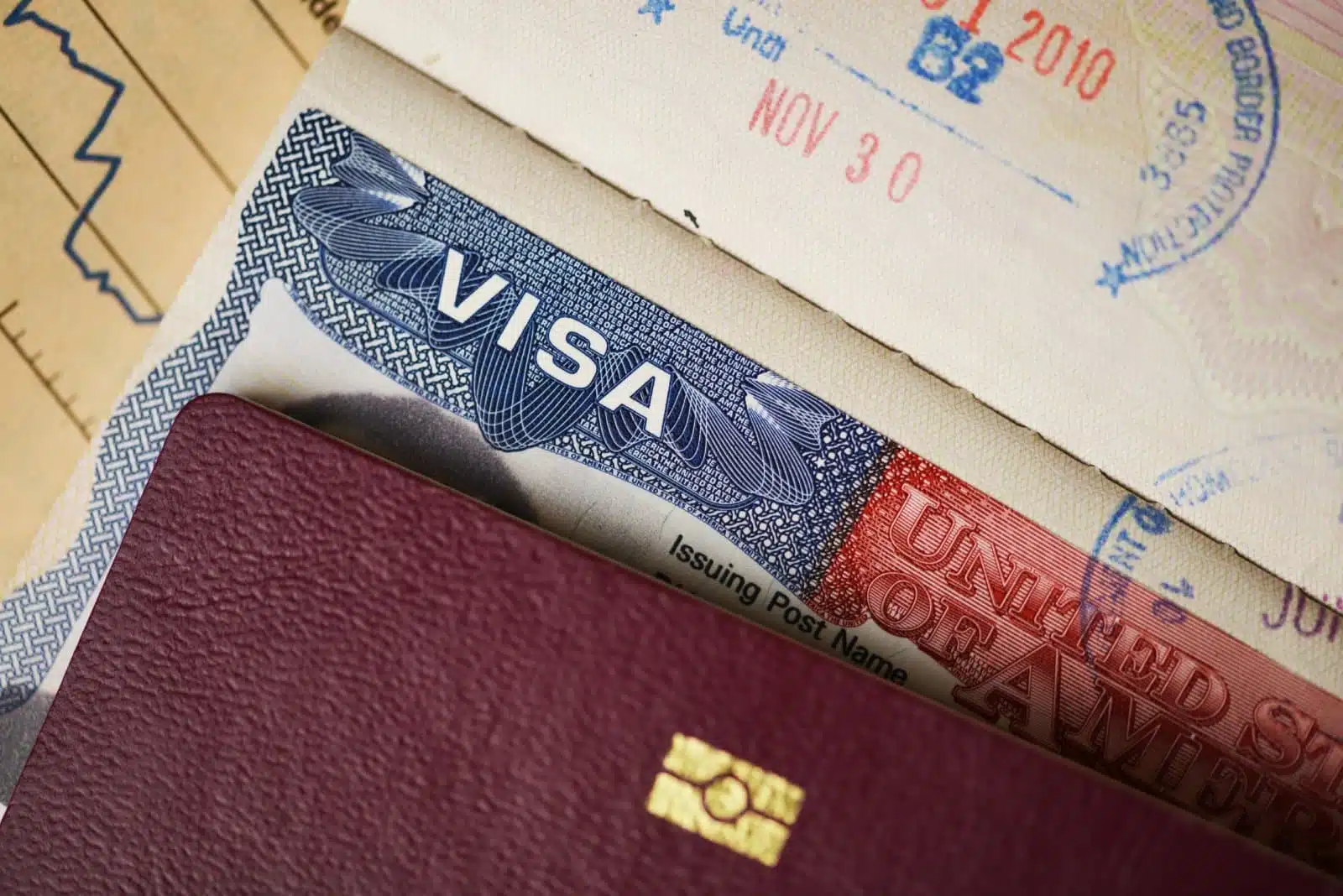Embarking on international travel demands meticulous planning, particularly in navigating the often complex landscape of visas and passports. This guide is your essential compendium, offering in-depth insights and strategic tips to streamline your travel documentation process. Tailored for novice and seasoned travelers, it ensures that your focus remains on the excitement of your journey rather than the nuances of bureaucracy.
1. Understanding Visa Types and Their Specific Requirements
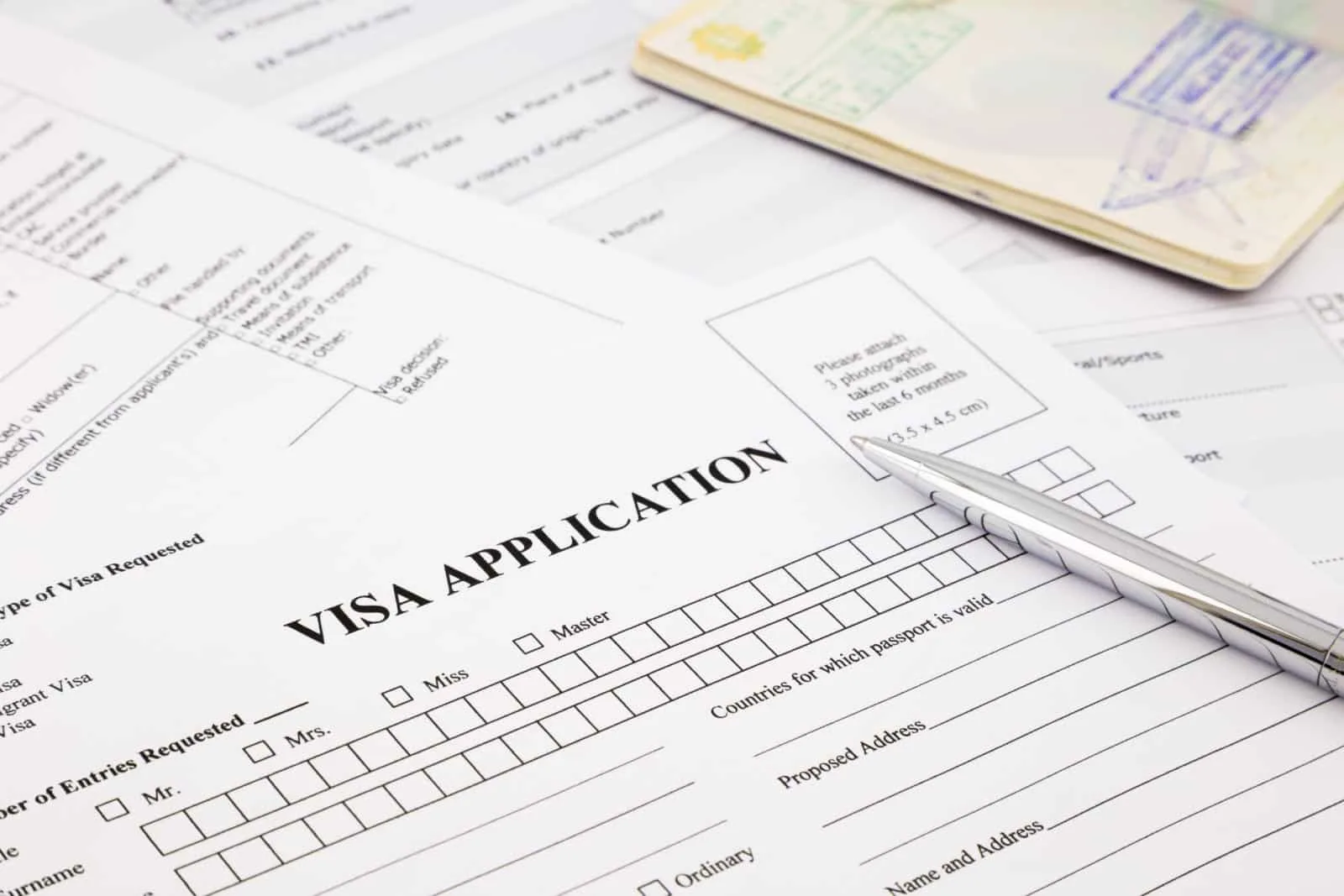
Image Credit: Shutterstock / vinnstock
Each visa type demands a unique set of documents and prerequisites. Tourist visas, generally the most straightforward, still require proof of return tickets, accommodation, and sometimes a detailed itinerary. Business visas may need an invitation from a host company, while student and work visas often have more stringent requirements, including proof of enrollment or employment. Transit visas, overlooked yet crucial for certain layovers, must be considered to avoid unexpected detours. Begin your application process early, as embassies and consulates can take weeks, if not months, to process requests.
Insider’s Tip
Familiarize yourself with the different types of visas—tourist, business, transit, student, and work visas—and understand the specific requirements for each. This knowledge can significantly influence the success of your application and the smoothness of your travel plans.
2. Navigating Passport Validity and Blank Page Requirements
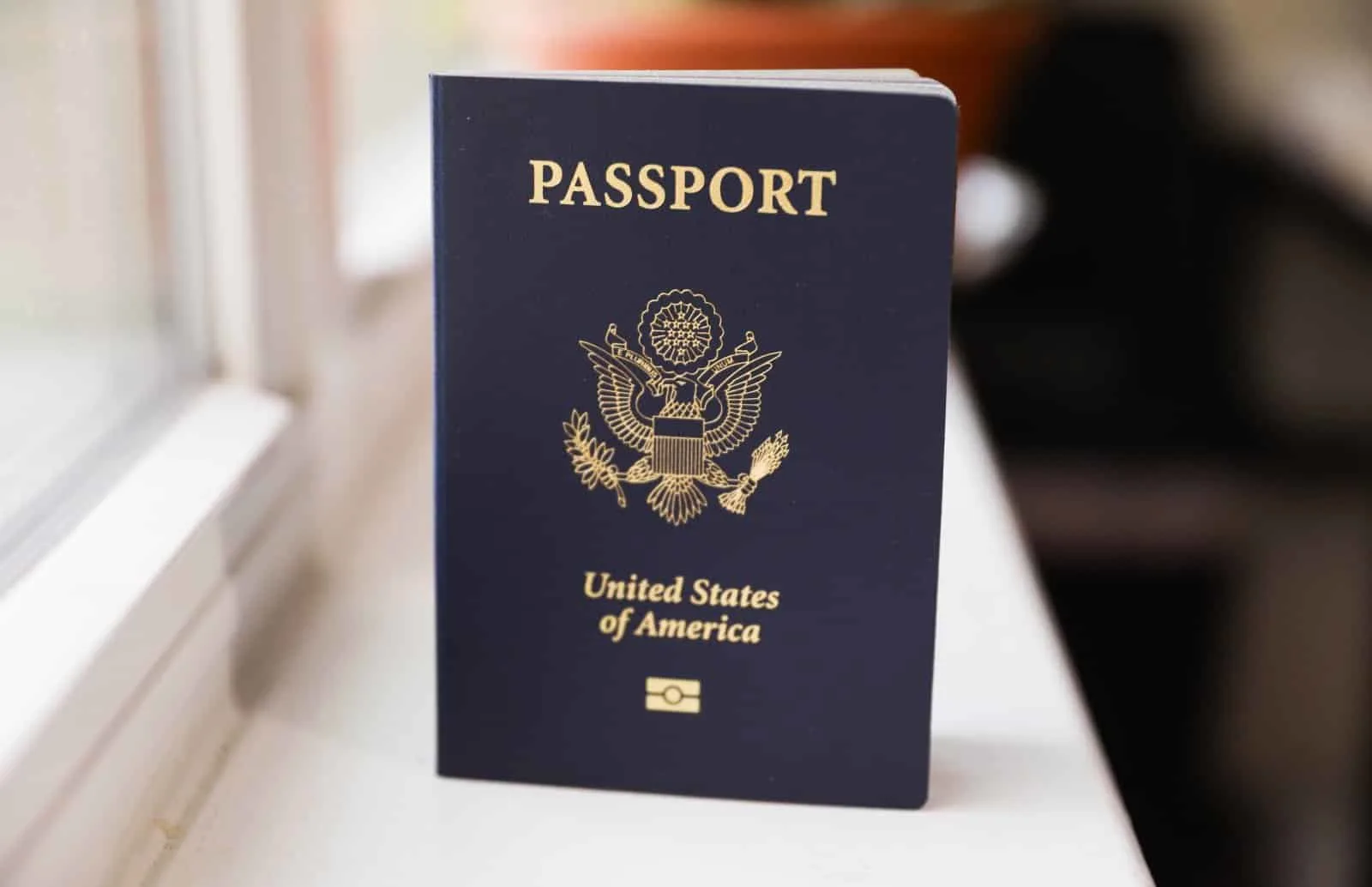
Image Credit: Shutterstock / Your Hand Please
The overlooked detail of passport expiration can derail your travel plans. Regularly check your passport’s expiry date and renew it well in advance if necessary. Countries requiring a certain number of blank pages in your passport do so for immigration stamps. Falling short on this requirement can result in denied boarding or entry. Keep in mind that renewal times can vary, and expedited services, while available, come with additional costs. This is a critical step in your travel preparation, so make it a priority in your planning stages.
Insider’s Tip
Ensure your passport has sufficient validity—many countries require it to be valid for at least six months beyond your travel date. Also, check for blank pages; some countries require a specific number for entry and exit stamps.
3. Visa Application: Timing and Documentation
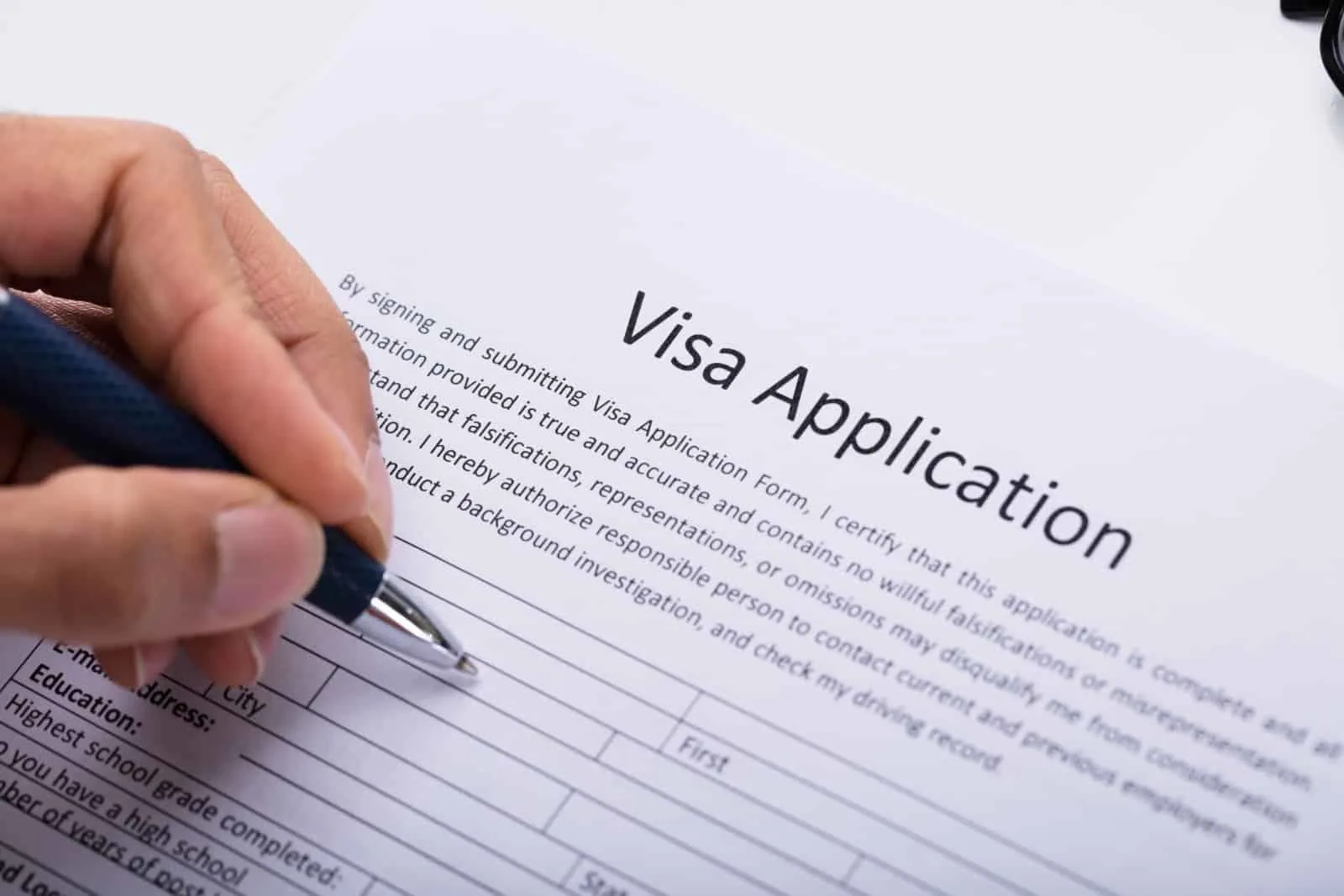
Image Credit: Shutterstock / Andrey_Popov
Timing is everything in visa applications. Start gathering required documents—such as photographs, travel insurance, financial statements, and any necessary letters or invitations—as early as possible. Be aware of holidays and peak periods, as these can affect processing times. Online visa applications have simplified the process for many countries, but always have hard copies of essential documents when traveling. A common pitfall is underestimating the time it takes for visa processing; each country has its own timeline, and it’s prudent to allow extra time for any unforeseen complications.
Insider’s Tip
Apply for your visa as soon as your travel dates are confirmed. Late applications can lead to stressful delays or, worse, trip cancellation.
4. Health and Vaccination Documentation
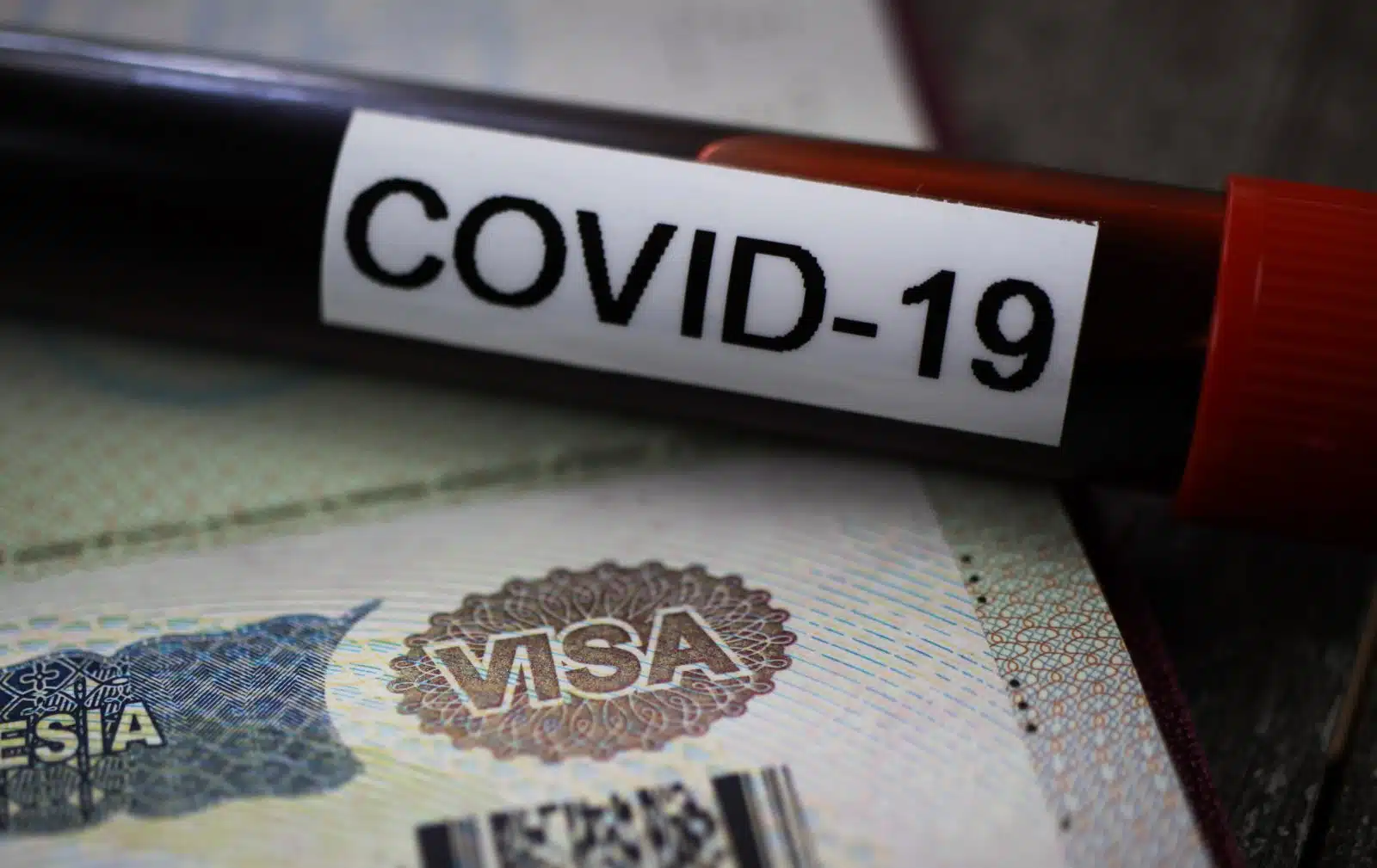
Image Credit: Shutterstock / Ralf Liebhold
Health documentation is increasingly becoming a staple in international travel. Countries in Africa and South America, for instance, may require proof of Yellow Fever vaccination. COVID-19-related health documentation has also become a norm. Always carry a physical copy of your vaccination records and any other required health documents. The World Health Organization (WHO) offers a standardized ‘Yellow Card’ showing vaccination history, recognized worldwide. Not adhering to these requirements can result in being denied entry, so it’s critical to understand and comply with these health mandates.
Insider’s Tip
Some countries require proof of vaccination against specific diseases. Keep a record of your vaccinations and check the health requirements of your destination country.
5. Understanding Visa Waiver Programs and e-Visas
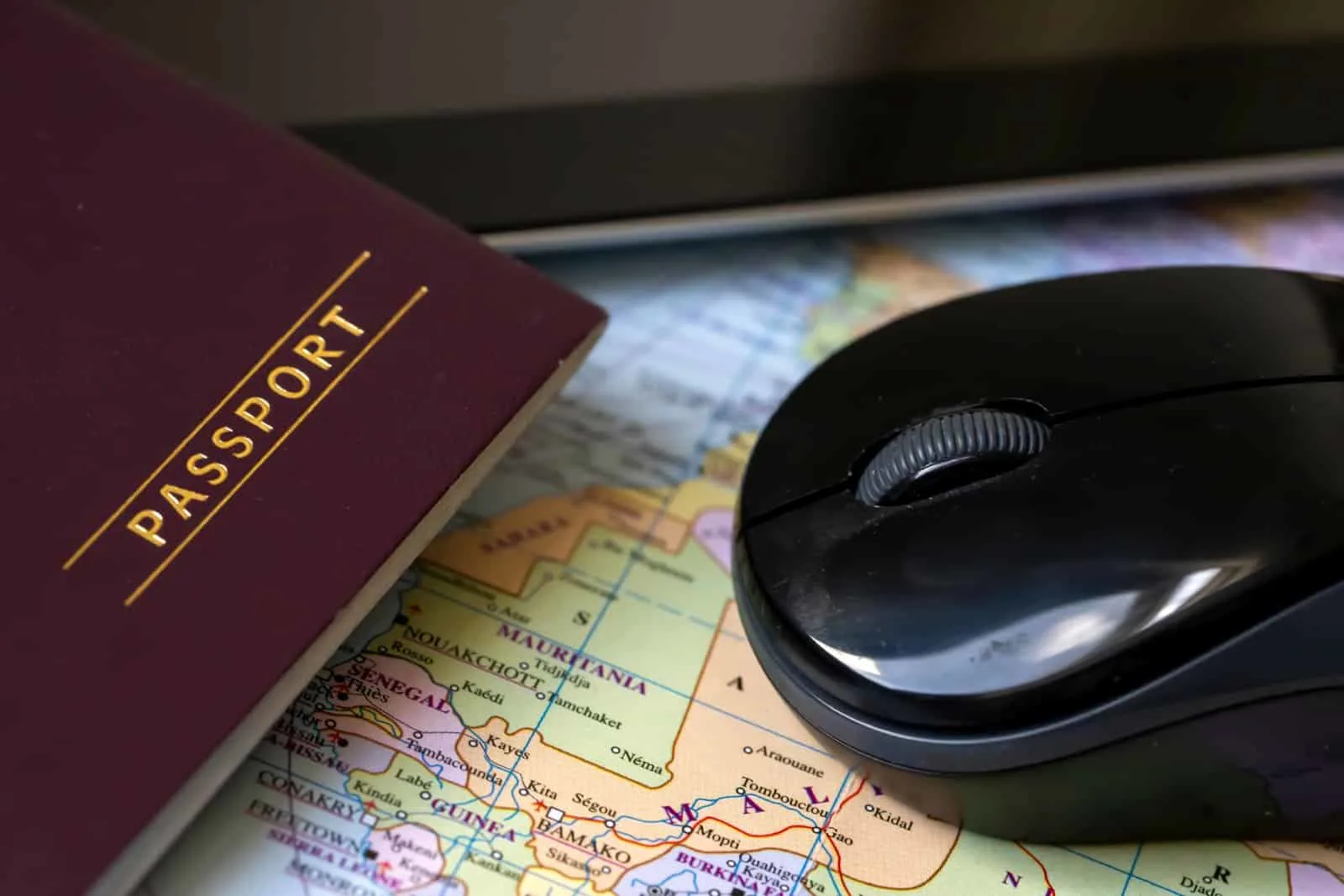
Image Credit: Shutterstock / Azad Pirayandeh
Many countries have agreements allowing certain nation citizens to enter without a traditional visa. For instance, the Schengen Area in Europe allows travelers from certain countries to enter visa-free for short stays. Similarly, e-Visas, available through online applications, offer a streamlined process for obtaining travel authorization. These digital visas save time and reduce paperwork but always confirm the specific entry requirements, as they can vary even within visa waiver programs.
Insider’s Tip
Check if the country you visit has a visa waiver program or offers e-Visas, as these can significantly simplify the travel process.
6. Dealing with Visa Denials and Appeals
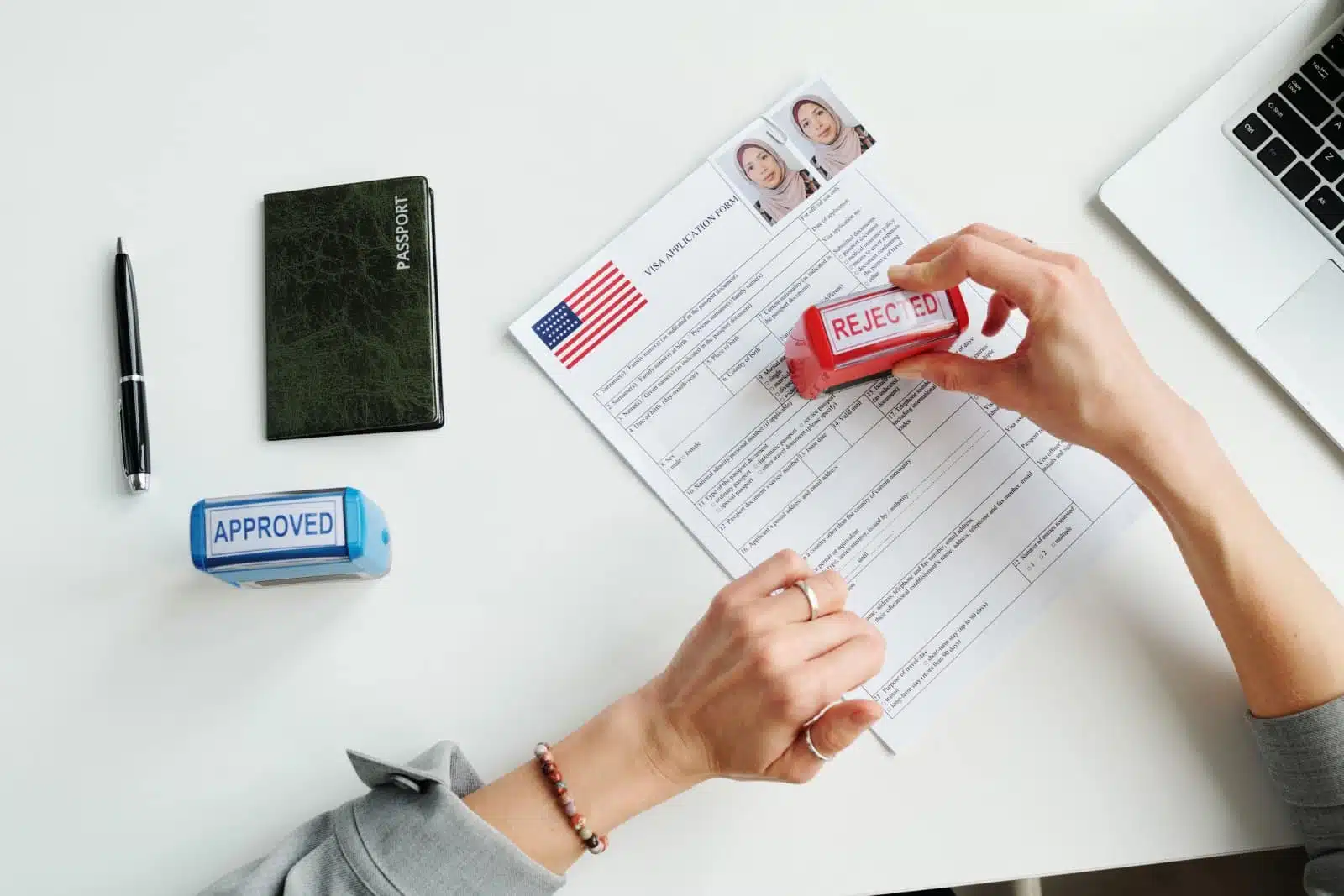
Image Credit: Shutterstock / AnnaStills
A visa denial can be disheartening, but it’s not always the end of the road. Embassies usually provide reasons for denial, which you should address in subsequent applications. Some countries offer an appeal process, while others require you to wait a certain period before reapplying. Understanding the specific protocol of the country you’re applying to is crucial. Ensure your reapplication or appeal addresses all the concerns raised initially. Sometimes, seeking the assistance of a visa consultant or an immigration lawyer can provide clarity and improve your chances in complex cases.
Insider’s Tip
In case of a visa denial, understand the reasons provided and the process for an appeal or reapplication, if applicable.
7. Passport Safety and Copies
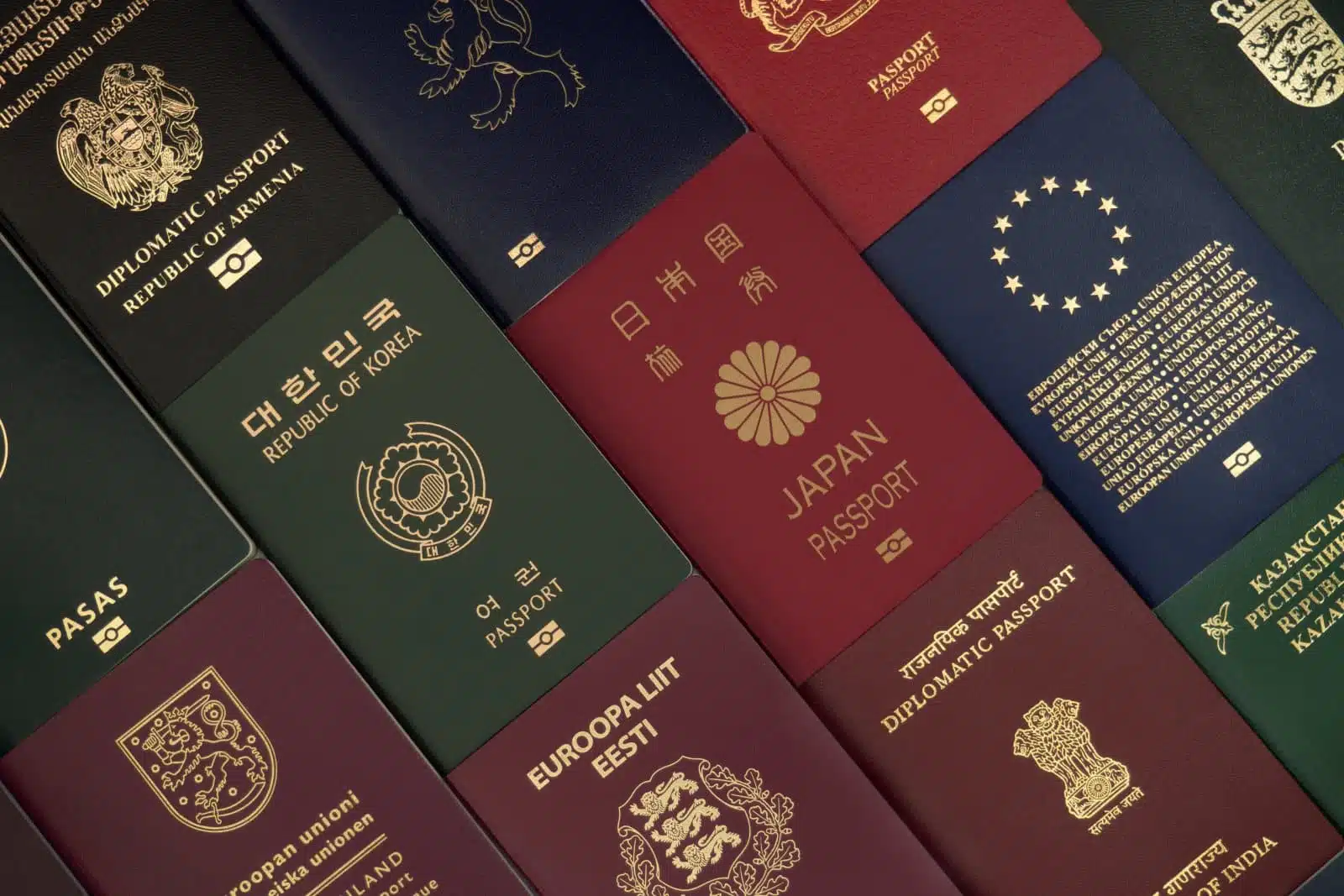
Image Credit: Shutterstock / Sergey Shik
Your passport is your most valuable document when traveling abroad. Keep it secure in a hotel safe or a secure, hidden compartment in your luggage. Having copies of your passport (the page with your personal information and any relevant visa pages) is crucial in emergencies. Store a digital copy in a secure cloud service and email a copy to yourself and a trusted contact back home. In the unfortunate event of losing your passport, these copies will be instrumental in proving your identity and facilitating the replacement process at your embassy or consulate.
Insider’s Tip
Keep your passport safe at all times and carry physical and digital copies in case of loss or theft.
8. Cultural Sensitivity and Local Laws

Image Credit: Shutterstock / Tero Vesalainen
Cultural awareness is a sign of respect and can affect your entry into a country. Some nations have strict dress codes or norms that, if not adhered to, can lead to issues at immigration. Familiarize yourself with these aspects to avoid unintentional offenses. Additionally, understanding local laws is crucial. For example, countries in the Middle East have stringent drug laws, and carrying certain prescription medications without proper documentation can lead to serious legal troubles.
Insider’s Tip
Research your destination’s cultural norms and local laws, as these can sometimes impact visa and entry policies.
9. Travel Insurance and Visa Requirements

Image Credit: Shutterstock / REDPIXEL.PL
Travel insurance is often a visa requirement, especially for countries in the Schengen Area. This insurance should cover medical expenses, trip cancellations, lost luggage, and repatriation. Check the specific coverage requirements of your destination country and keep a copy of your insurance policy with your travel documents. Not only is it necessary for some visa applications, but it’s also a prudent safeguard against unforeseen events during your travels.
Insider’s Tip
Some countries require proof of travel insurance for visa issuance. Ensure your policy meets the minimum coverage requirements.
10. Consulate and Embassy Assistance
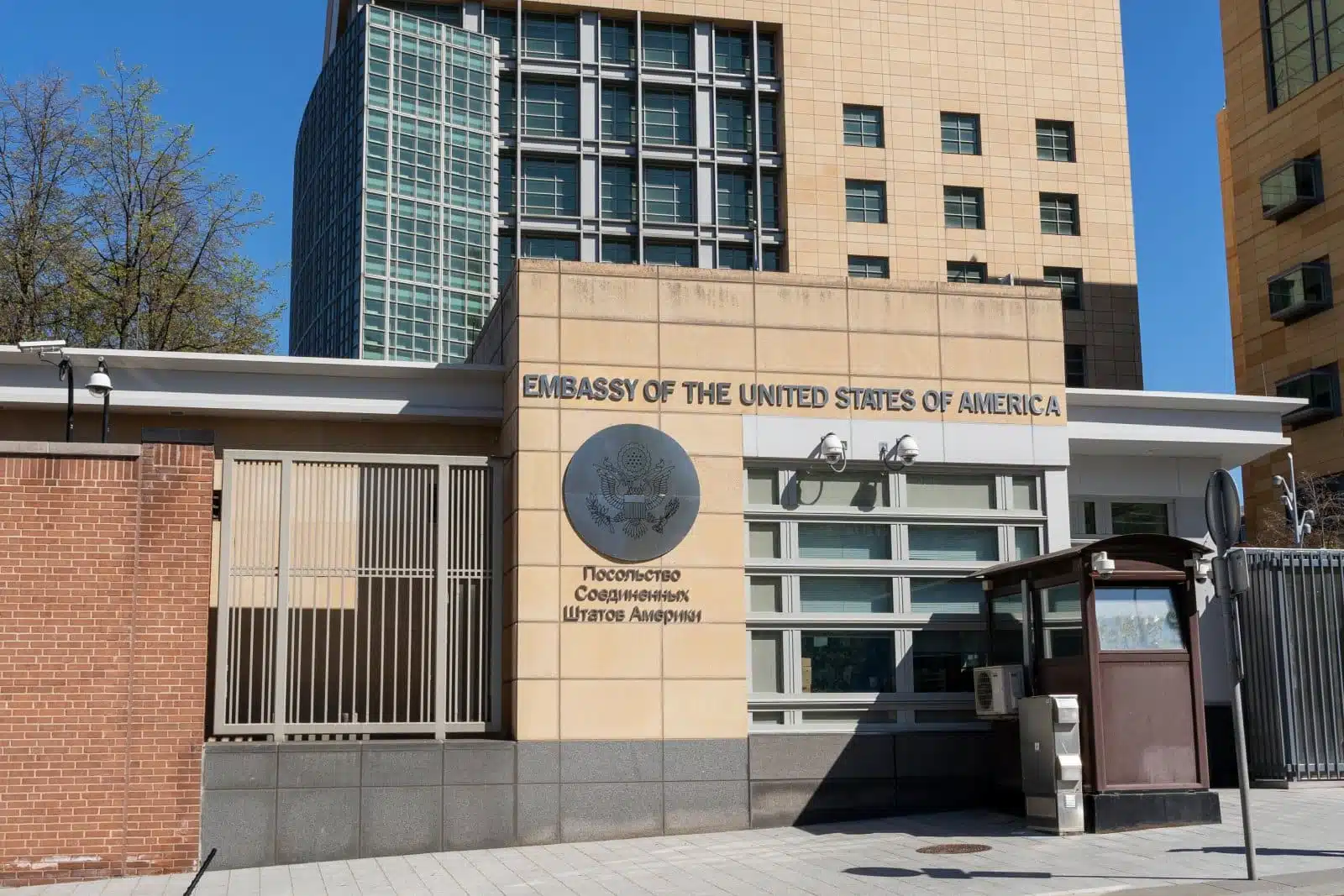
Image Credit: Shutterstock / Ultraskrip
Embassies and consulates can assist with a range of issues—from lost passports to legal troubles. Before traveling, note the address and contact details of your country’s diplomatic missions in the destination country. In case of an emergency, such as a lost or stolen passport, political unrest, or natural disasters, they can provide crucial support and guidance. It’s also wise to inform them of your travel plans, particularly if traveling to regions with heightened security risks.
Insider’s Tip
Know the location and contact details of your country’s embassy or consulate in your destination country. They can be invaluable in emergencies.
The Bottom Line
Successful and hassle-free travel hinges on your preparedness, especially regarding visas and passports. By following these tips, you’re paving the way for a journey of ease and enjoyment. Equip yourself with this knowledge, and step confidently into your next journey, knowing you’ve covered every essential detail.
More From The Green Voyage
12 Best Practices for Sustainable Travel in 2024 – How to Travel With Minimal Environmental Impact
Unlocking Hotel Perks – A Traveler’s Guide to Maximizing Hotel Reward Programs for Optimal Benefits
Travel Hacks for Frequent Flyers – 6 Tips and Tricks to Make the Best of Air Travel
The post 10 Visa and Passport Tips for Hassle-Free Travel 2024 first appeared on The Green Voyage.
Featured Image Credit: Shutterstock / Eviart.
For transparency, this content was partly developed with AI assistance and carefully curated by an experienced editor to be informative and ensure accuracy.
